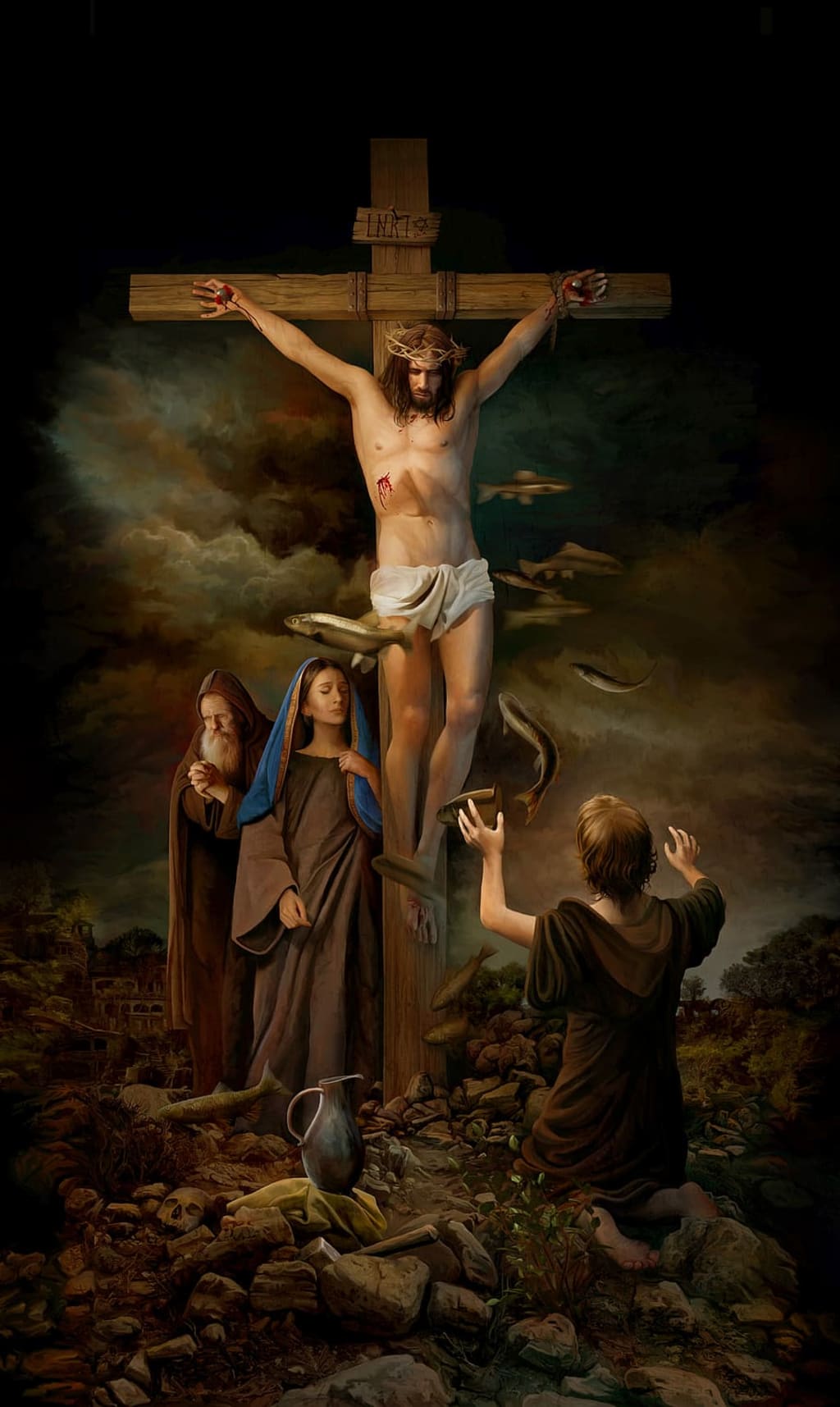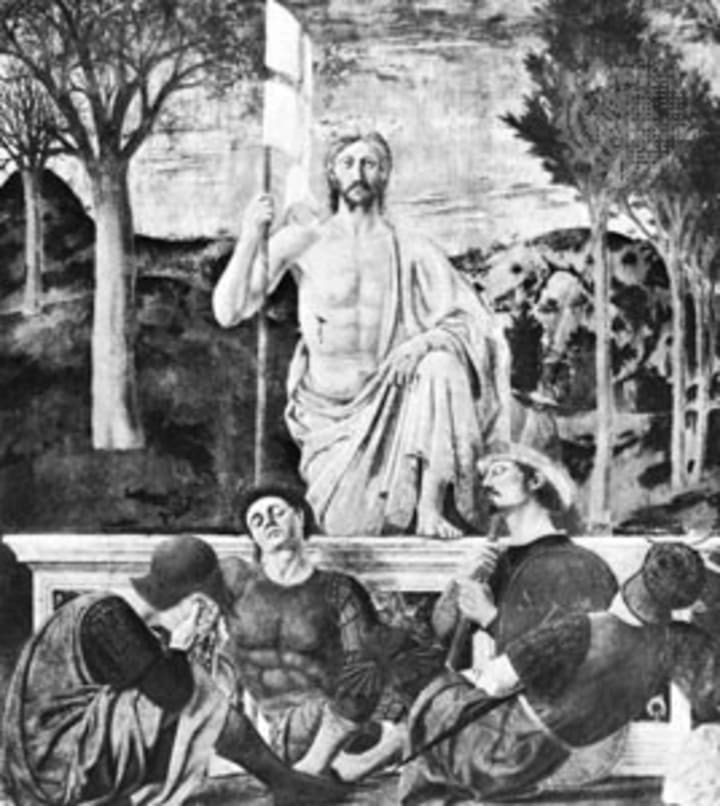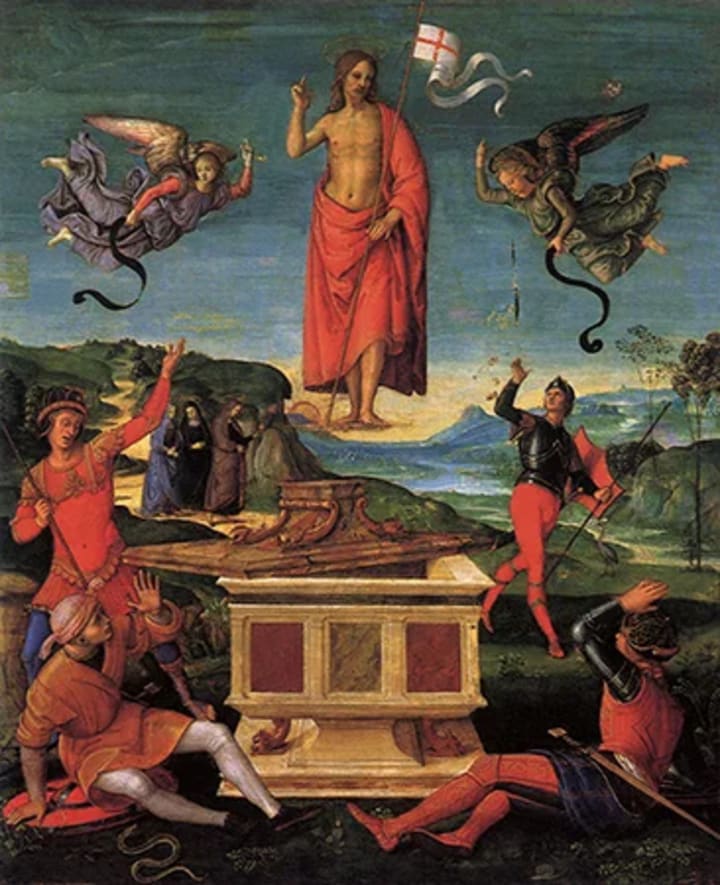
What is Easter?
Easter is one of the principal holidays, or feasts, of Christianity. It marks the Resurrection of Jesus three days after his death by crucifixion. For many Christian churches, Easter is the joyful end to the Lenten season of fasting and penitence. The earliest recorded observance of Easter comes from the 2nd century, though it is likely that even the earliest Christians commemorated the Resurrection, which is an integral tenet of the faith .
Why is Easter celebrated?
Easter is celebrated by Christians as a joyous holiday because it represents the fulfillment of the prophecies of the Old Testament and the revelation of God’s salvific plan for all of humankind. In commemorating the Resurrection of Jesus, Easter also celebrates the defeat of death and the hope of salvation. Christian tradition holds that the sins of humanity were paid for by the death of Jesus and that his Resurrection represents the anticipation believers can have in their own resurrection.
When is Easter?
In 325 the Council of Nicaea decreed that Easter should be observed on the first Sunday following the first full moon after the spring equinox (March 21). Easter, therefore, can fall on any Sunday between March 22 and April 25. Eastern Orthodox churches use a slightly different calculation based on the Julian calendar. As a result, the Orthodox Easter celebration usually occurs later than that of Roman Catholics and Protestants.
Why is Easter called Easter?
The English word Easter, which parallels the German word Ostern, is of uncertain origin. It likely derives from the Christian designation of Easter week as in albis, a Latin phrase that was understood as the plural of alba (“dawn”) and became eostarum in Old High German. The Latin and Greek Pascha (“Passover”) provides the root for Pâques, the French word for Easter.

The date of Easter and its controversies
Fixing the date on which the Resurrection of Jesus was to be observed and celebrated triggered a major controversy in early Christianity in which an Eastern and a Western position can be distinguished. The dispute, known as the Paschal controversies, was not definitively resolved until the 8th century. In Asia Minor, Christians observed the day of the Crucifixion on the same day that Jews celebrated the Passover offering—that is, on the 14th day of the first full moon of spring, 14 Nisan (see Jewish calendar). The Resurrection, then, was observed two days later, on 16 Nisan, regardless of the day of the week. In the West the Resurrection of Jesus was celebrated on the first day of the week, Sunday, when Jesus had risen from the dead. Consequently, Easter was always celebrated on the first Sunday after the 14th day of the month of Nisan. Increasingly, the churches opted for the Sunday celebration, and the Quartodecimans (“14th day” proponents) remained a minority. The Council of Nicaea in 325 decreed that Easter should be observed on the first Sunday following the first full moon after the spring equinox (March 21). Easter, therefore, can fall on any Sunday between March 22 and April 25.
Eastern Orthodox churches use a slightly different calculation based on the Julian rather than the Gregorian calendar (which is 13 days ahead of the former), with the result that the Orthodox Easter celebration usually occurs later than that celebrated by Protestants and Roman Catholics. Moreover, the Orthodox tradition prohibits Easter from being celebrated before or at the same time as Passover.

In the 20th century several attempts were made to arrive at a fixed date for Easter, with the Sunday following the second Saturday in April specifically proposed. While this proposal and others had many supporters, none came to fruition. Renewed interest in a fixed date arose in the early 21st century, resulting from discussions involving the leaders of Eastern Orthodox, Syriac Orthodox, Coptic, Anglican, and Roman Catholic churches, but formal agreement on such a date remained elusive.





Comments
There are no comments for this story
Be the first to respond and start the conversation.